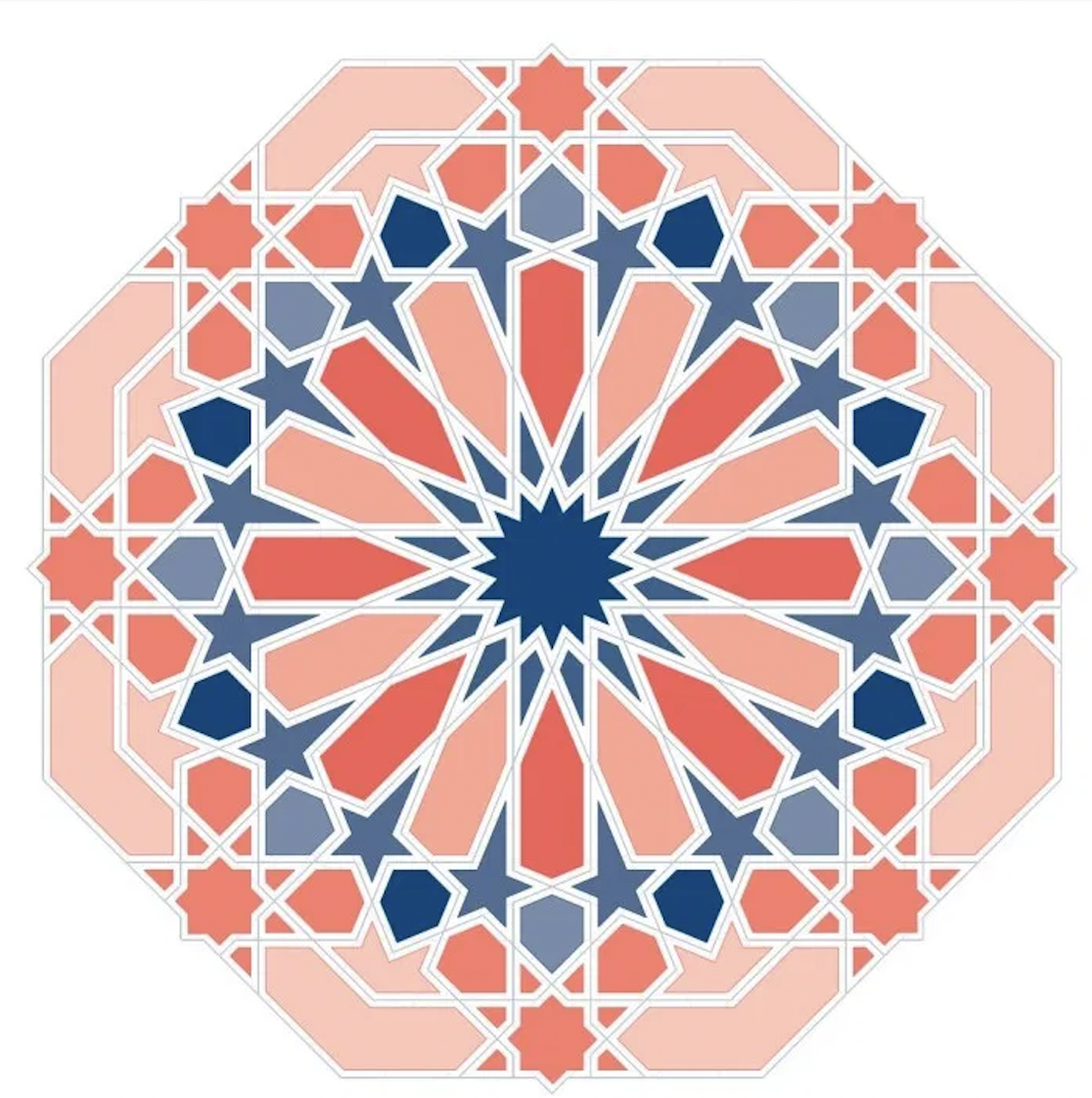Review of: ‘Forty Rules of Love’
The Forty Rules of Love by Turkish writer, Elif Shafaq, is a really heart-warming story.
Elif Shafaq is one my favourite authors. I think she's a vey accomplished writer. She puts a lot of social conscience themes into what she is writing. Elif Shafaq speaks up for people who don't have a voice. Although she says herself that she's not very religious in an orthodox way, but in this book, she manages to capture the beauty and essence of religion perfectly.
The story begins with a bored and lacklustre housewife, who is fed up with her mundane life. She works for a publishing company, and by chance is asked to review a book called 'Sweet Blasphemy'. It is an enchanting story about Rumi, the Sufi poet and philosopher from the 13th century and his spiritual friendship/connection with Shams of Tabriz, a wandering dervish.
Rumi had reached a point in his life where he struggled with a strong feeling of emptiness. His meeting with kindred spirit Shams, makes him come alive again. This connection moulded Rumi into the famed poet we know today. It is based on a true story.
Rumi’s work and legacy continues to inspire and connect people all around the world.
The lessons Shams teaches Rumi, are really lessons for us all. Basically love is key; we need to display kindness towards all humanity; keep your ego in check; and be mindful of judgment on others.
Another key point was - you can’t be a true leader when you are removed from your people’s struggles. In order to have any credibility- you need to live amongst the ‘real’ people and experience what they experience. I totally agree with this!
This book is an international bestseller and well loved by many people including Imran Khan, the Prime Minister of Pakistan. I think that’s because its a very engaging story and makes you reflect on trying to be a better human being.
Watch the full review on my YouTube channel: https://youtu.be/Wy2lSjGOJAs

